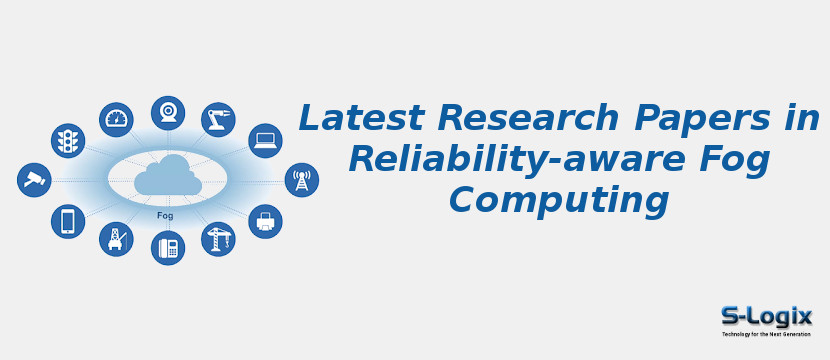Reliability-aware fog computing is a vital research area that emphasizes designing fog systems capable of delivering consistent, fault-tolerant, and resilient services despite failures, dynamic workloads, or resource heterogeneity. Research papers in this domain propose models, frameworks, and algorithms to ensure system reliability by addressing challenges such as device failures, task migration, network disruptions, and security breaches. Studies investigate redundancy mechanisms, fault detection, checkpointing, and replication strategies that enhance the dependability of fog infrastructures. Recent works highlight reliability-aware resource allocation, scheduling, and service placement techniques that balance performance with fault tolerance, while also considering energy efficiency and Quality of Service (QoS). Machine learning and predictive analytics are increasingly integrated to forecast failures and enable proactive reliability management. Moreover, multi-layer fog–edge–cloud collaboration is often explored to improve service continuity during failures or overload conditions. Applications include mission-critical domains like healthcare monitoring, autonomous vehicles, industrial IoT, and smart grids, where uninterrupted and reliable service delivery is essential. Overall, research in reliability-aware fog computing contributes to building robust, adaptive, and trustworthy systems that ensure dependable performance for latency-sensitive and safety-critical applications.
